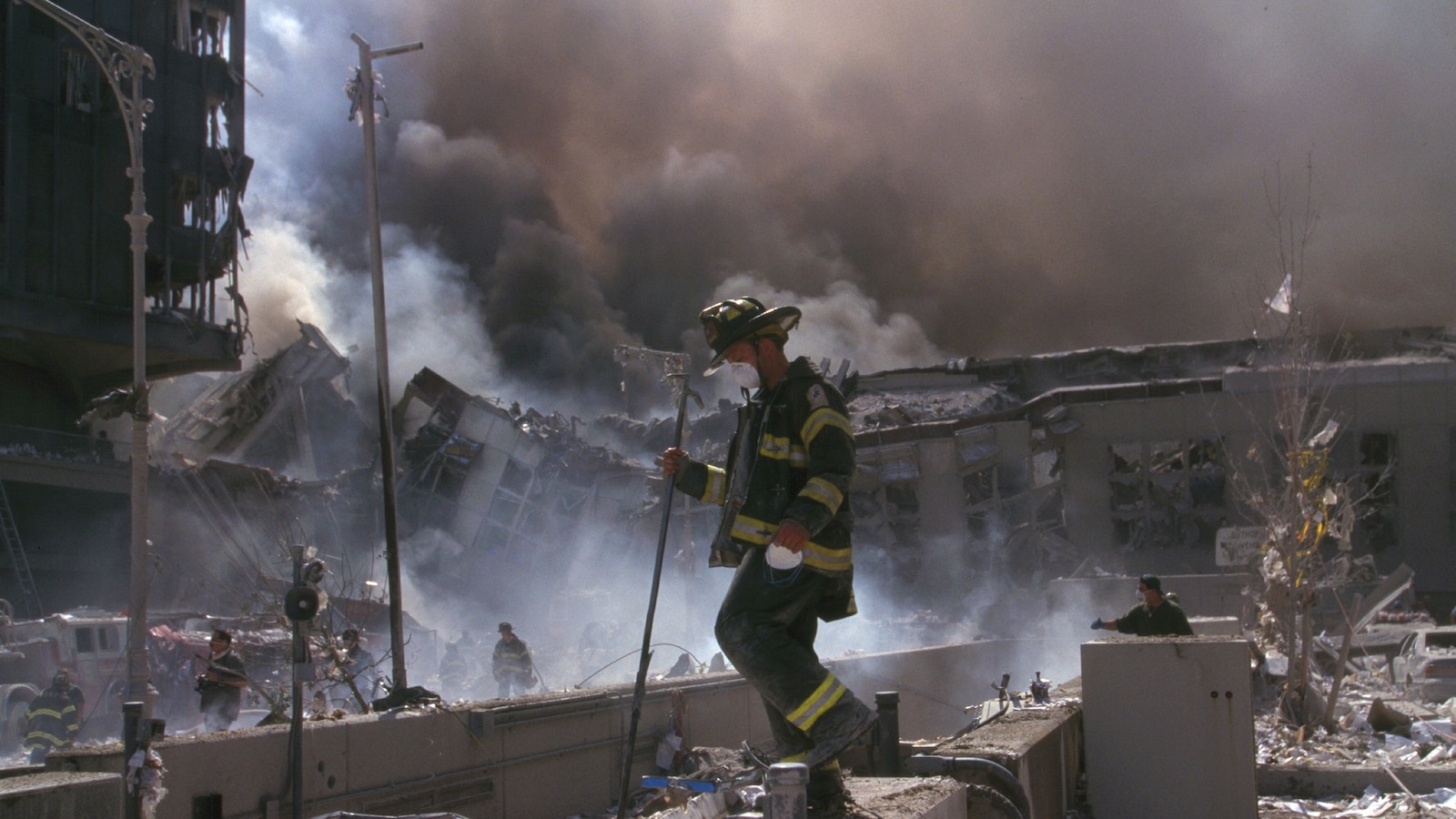Navigating Uncertainty: How the 9/11 Health Care Program is Reviving Cancer Treatment Certifications
In a landmark decision, the World Trade Center (WTC) Health Program has reinstated cancer treatment certifications for 9/11 responders after months of uncertainty. The move, announced this week, provides renewed hope for thousands of first responders and survivors who faced gaps in coverage due to bureaucratic delays. By streamlining the certification process, the program aims to ensure timely access to life-saving treatments for cancers linked to Ground Zero exposure.
The Backstory: A Program in Peril
Established under the James Zadroga 9/11 Health and Compensation Act, the WTC Health Program has served over 112,000 responders and survivors since 2011. However, in early 2023, concerns mounted as certification renewals for 58 cancer types stalled, leaving patients in limbo. According to program data, nearly 4,000 responders were diagnosed with 9/11-related cancers as of 2022—a number that grows by approximately 1,200 annually.
“This wasn’t just paperwork—it was people’s lives hanging in the balance,” said Dr. Michael Crane, Medical Director of the WTC Health Program at Mount Sinai. “When certifications lapse, treatments get delayed, and in oncology, timing is everything.”
Breaking Down the Certification Challenges
The recent hurdles stemmed from conflicting interpretations of the program’s scientific review protocols. While the 2012 legislation initially covered 58 cancer types, subsequent reviews required periodic re-evaluation of the evidence linking illnesses to Ground Zero toxins. Key complications included:
- Evolving research on rare cancers like male breast cancer and mesothelioma
- Disputes over latency periods for disease manifestation
- Administrative delays in processing new peer-reviewed studies
John Feal, a 9/11 responder and founder of the FealGood Foundation, described the human toll: “We’ve buried over 4,500 responders since 2001—more than died that day. Every delay means more funerals.”
The Turning Point: Policy Changes and Their Impact
Following pressure from advocacy groups and bipartisan lawmakers, the program implemented three critical reforms:
- Expedited Reviews: 90-day deadlines for certification decisions
- Presumptive Coverage: Temporary approvals during evidence reviews
- Research Expansion: $10 million allocated for new toxicity studies
These changes come as the program faces increasing demand. A 2023 Government Accountability Office report projected treatment costs will surpass $5 billion by 2025—a 40% increase from 2020 estimates.
Voices from the Frontlines
For retired NYPD officer Luis Alvarez, Jr., whose father died of 9/11-related colorectal cancer, the policy shift arrives too late but offers solace. “Dad spent his last years fighting for others’ benefits,” he told reporters. “At least now families won’t have to battle bureaucracy while battling cancer.”
However, some medical experts urge caution. Dr. Laura Bienenfeld, a pulmonary specialist, notes: “While expanded access is vital, we must maintain rigorous science. Not every cancer near Ground Zero was caused by Ground Zero.”
What’s Next for 9/11 Health Initiatives
The program’s revival coincides with broader efforts to address responders’ needs:
- The U.S. Senate is considering legislation to extend funding through 2090
- New York City recently opened a $6 million mental health clinic for responders’ families
- Researchers are developing biomarkers to detect toxin exposure earlier
As dust settles on this bureaucratic breakthrough, advocates emphasize vigilance. “This isn’t the finish line,” reminds Feal. “We’re racing against time as more responders get sick.” For those who rushed toward danger 22 years ago, the revived certifications represent more than policy—they’re a lifeline.
To support 9/11 health initiatives, contact your congressional representative or donate to accredited responder organizations.
See more WebMD Network



